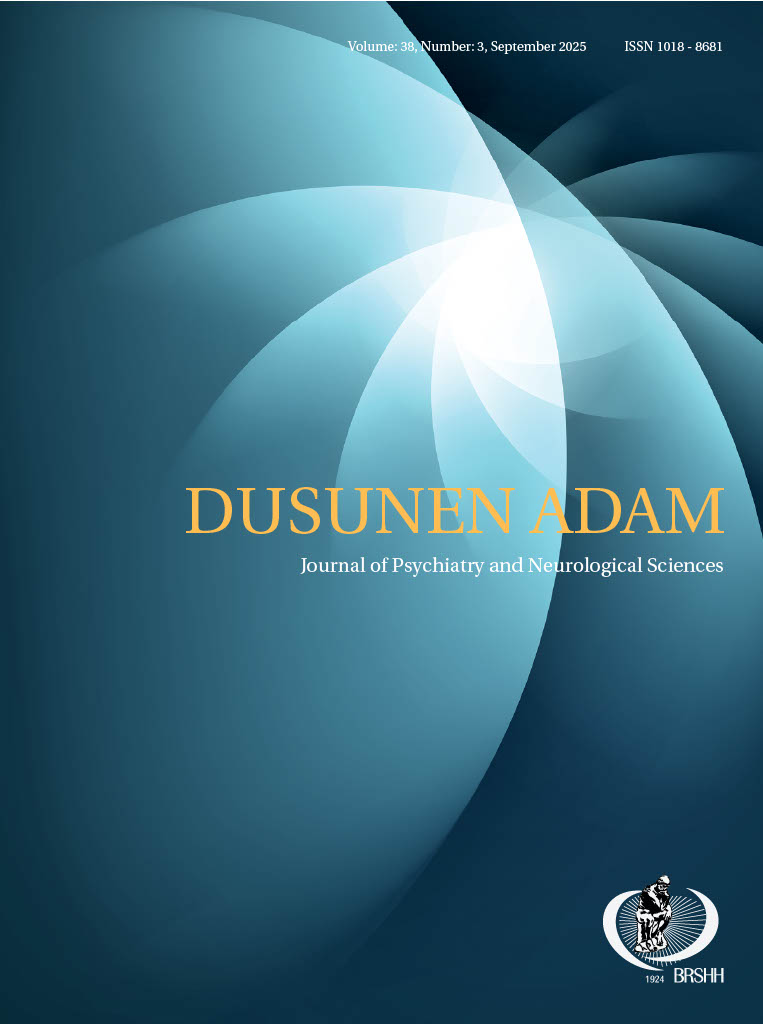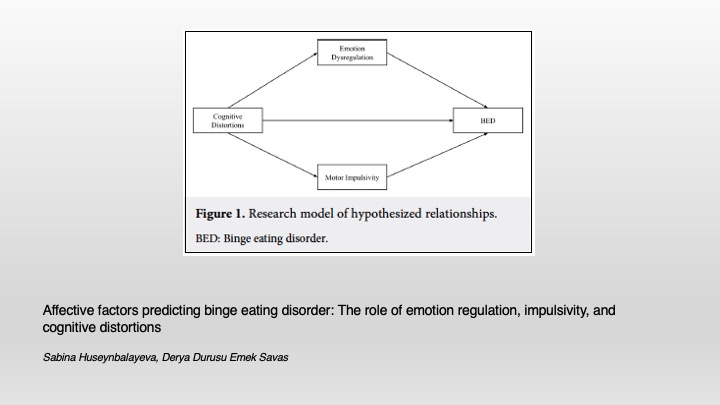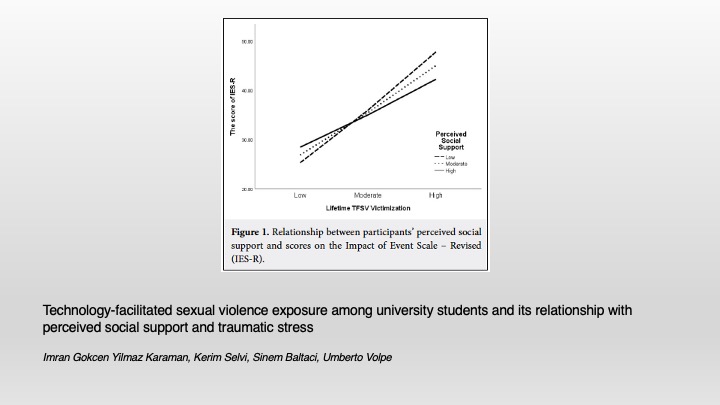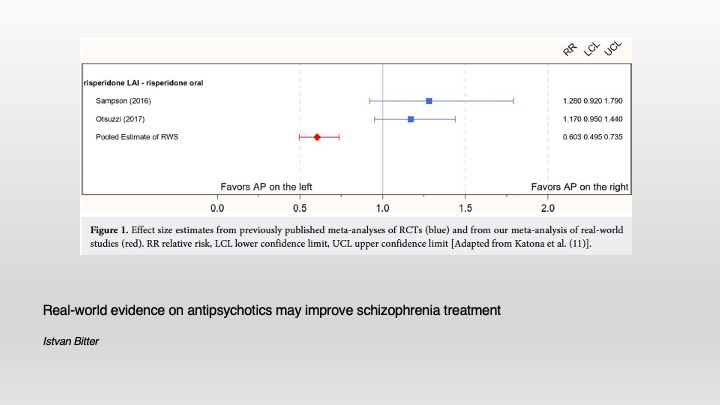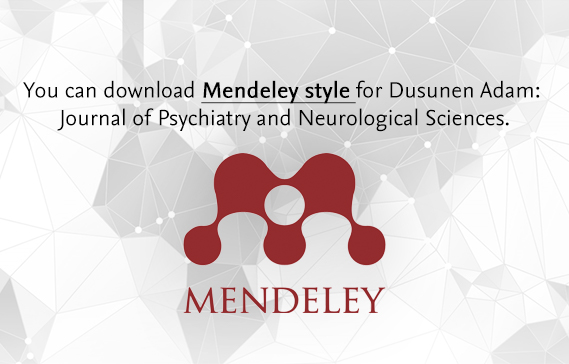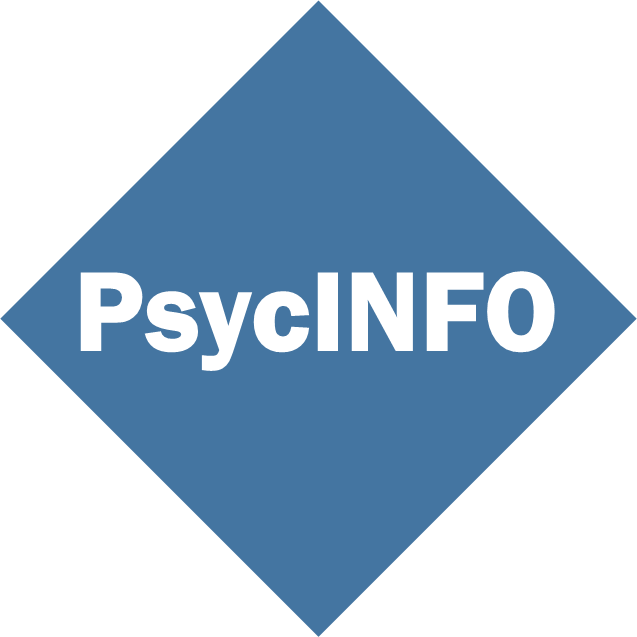INTRODUCTION
Male hypogonadism is defined as testicular insufficiency in testosterone secretion, production of spermatozoa, or both. In addition to low testosterone levels, patients develop clinical symptoms such as osteopenia, increased adipose tissue, decrease in muscle mass, energy and stamina, loss of cognitive function, decreased libido and erectile dysfunction.
Anorexia Nervosa (AN) is an eating disorder more common in young girls, rarely seen in men, and if left untreated, carries a high mortality risk. It occurs 5-10 times more frequently in women than in men (1-2); one study found that only 4% of all patients suffering from AN or bulimia were males (3). It is accepted that social, genetic, and psychological factors, personality traits and trauma history play a role in the development of eating disorders. Furthermore, steroid hormones affect eating behavior and the development of eating disorders.
Important medical complications are developing in AN; in particular, the levels of prolactin, thyroid hormones, gonadal hormones and, in men, testosterone are changing (4,5). Most of the endocrine changes in AN are a physiological adaptation against hunger, and they are generally reversible with weight gain.
In this article, a case is presented of a man with untreated hypogonadism, diagnosed in his infancy, who at the age of 18 developed AN.
CASE
O.N. 22-year-old male patient, primary school graduate, single, unemployed, living with his family. Complaints include weight loss, lack of appetite, eating little at meals, often skipping meals altogether, getting angry when asked to eat, fear of gaining weight and imagining to be overweight. Height 175cm, weight 52kg (body mass index [BMI]=16.9). His medical history included congenital hypogonadism, right testicular agenesis, hypoplasia of the left testis.
The patient was first admitted to hospital at the age of 8 for diagnosis and treatment, where right testicular agenesis, left testis hypoplasia and congenital hypogonadism were found. While luteinizing hormone (LH), follicle stimulating hormone (FSH) and total and free testosterone were low, other hormone and blood values were normal. Brain imaging showed no pathologies in the hypothalamic and pituitary regions, and the patient was discharged with recommendation for testosterone treatment and follow-up consultations. However, the patient did not use the testosterone treatment and did not attend the follow-up. At age 16, minimal hair growth began in the arm pits and the pubic region, but he had neither ejaculations nor erections, secondary sexual characteristics did not develop, and a chronic reduction of libido was stated. At the age of 18, reduced eating and sleeping, fear of gaining weight, feeling overweight, skipping meals and expressions of anger and irritation when asked to eat began. In that period, the patient did not want to eat, and when asked for the reasons, he said he did not feel hungry and did not need to eat, and if he did, he would gain too much weight and feel sick to his stomach; this nausea would disturb him and he did not want to experience this. Recently, he stopped having breakfast, just eating a few spoons of home-cooked food at lunch and dinner, which made him feel full. Although the patient did not vomit nor used weight loss drugs and did not exercise excessively, he began to lose weight rapidly, going from 60kg to 46kg in 6 months (BMI=15.02) and was admitted to our clinic. Other than his hypogonadism, the patient’s medical history revealed no abnormalities; nor did his family history. He had a good relationship with his family and friends and showed no difficulties in communicating with other people. He was quite weak for his age, extroverted and had good communication skills. He said that he did not want to talk about food and hypogonadism, did not think about these issues and had plans for his future. With this history and symptoms, the patient was diagnosed with restrictive type AN. LH, FSH, and testosterone levels were measured again and found to be low. The patient was started on cyproheptadine hydrochloride suspension 3x1 and mirtazapine 30mg/day. The patient took the drugs regularly and within 2 months increased his weight to 53kg. At the end of the second month, when the patient’s symptoms had been partly resolved, he stopped drug use and follow-up. One year later, the patient again presented to our outpatient clinic, saying his eating and sleeping had returned to normal and his weight was stable; he did not want to gain more weight or take any medication. While the hypogonadism-related symptoms were continuing, he would not accept any treatment. His weight was measured as 52kg (BMI=16.9), treatment was recommended, but he did not accept.
DISCUSSION
Male hypogonadism is due to insufficient production of testicular androgen. The cause can be primary or secondary, but either way, the clinical signs are usually identical. In their metabolism, men with low androgen levels have high concentrations of glucose and insulin and an elevated rate of obesity with increased incidence of type 2 diabetes (6,7). In our hypogonadic case, the development of AN does not accord with the assumption that hypogonadism comes with a higher risk of weight gain and obesity (8,9).
Difficult and traumatic life events are known to play an important role in the development of AN, and it has been emphasized that in males psychosocial life events have a more prominent place in the emergence of AN than in females (10). The medical problems and treatment difficulties experienced by our patient are thought to have played a role in the emergence of AN.
Families of anorexic patients have been described as close-knit, overprotective, intrusive, with problems especially in the field of conflict resolution (11,12). Our patient’s family could be characterized as well balanced, exhibiting a positive attitude and sensitivity to the child’s needs, communicating warmly, being flexible, tolerant and supportive. However, during his medical problems, the patient showed anger towards his family because of the failure of treatment. Our patient’s family structure is not considered to have contributed to the development of his AN.
Adolescence is a phase of life associated with growth from the perspective of emphasizing sexuality in relationships and taking an initial step towards identity formation. One of the accepted opinions is that cases of AN during adolescence have difficulties in their identity formation stage, rejecting it, preferring to have a child’s body (1,2,13-16). It has been reported that in male AN cases homosexual and asexual behavior and disorders related to sexual roles are more common than on average in society (17,18). In our case, it could be thought that symptoms caused by medical problems, such as the failure to develop secondary sexual characteristics and the absence of ejaculation and erection caused difficulties in the sexual identity formation stage, leading to the patient refusing to grow up and not wanting to eat.
Steroid hormones influence eating behavior and the development of eating disorders. Studies indicate that abnormalities in anorexigenic and orexigenic hormones affect eating patterns, energy balance and bone mass (19). It is known that ghrelin and neuropeptide Y (NPY) increase the appetite, while leptin reduces it. Ghrelin has been reported to be inversely correlated with the androstenedione and testosterone levels (20,21). It has been shown that androgens inhibit the production of leptin (22,23). Low leptin levels can lead to hypothyroidism, hypercortisolism, osteopenia, changes in the immune system, amenorrhea in women, and increased activity. In our case, it can be assumed that low androgen levels, by way of affecting hormones influencing the appetite, had an impact on eating behavior and played a role in the etiology of the developing eating disorder.
Russ et al. (24) and Wesselius et al. (25) reported that the neuroendocrine effects of AN in male patients caused hypogonadism and that the disorder could be normalized through weight gain. However, to this day only few cases with congenital hypogonadism and anorexia nervosa have been reported. In a case of congenital hypogonadism diagnosed with AN, Ohzeki et al. (26) have tried to explain the role of sex hormones in AN. In our literature review, not a single case report with these characteristics was found in our country. Our case importantly demonstrates that hypogonadism, which may appear as a complication occurring in AN, may in itself constitute a risk factor for the development of AN.

